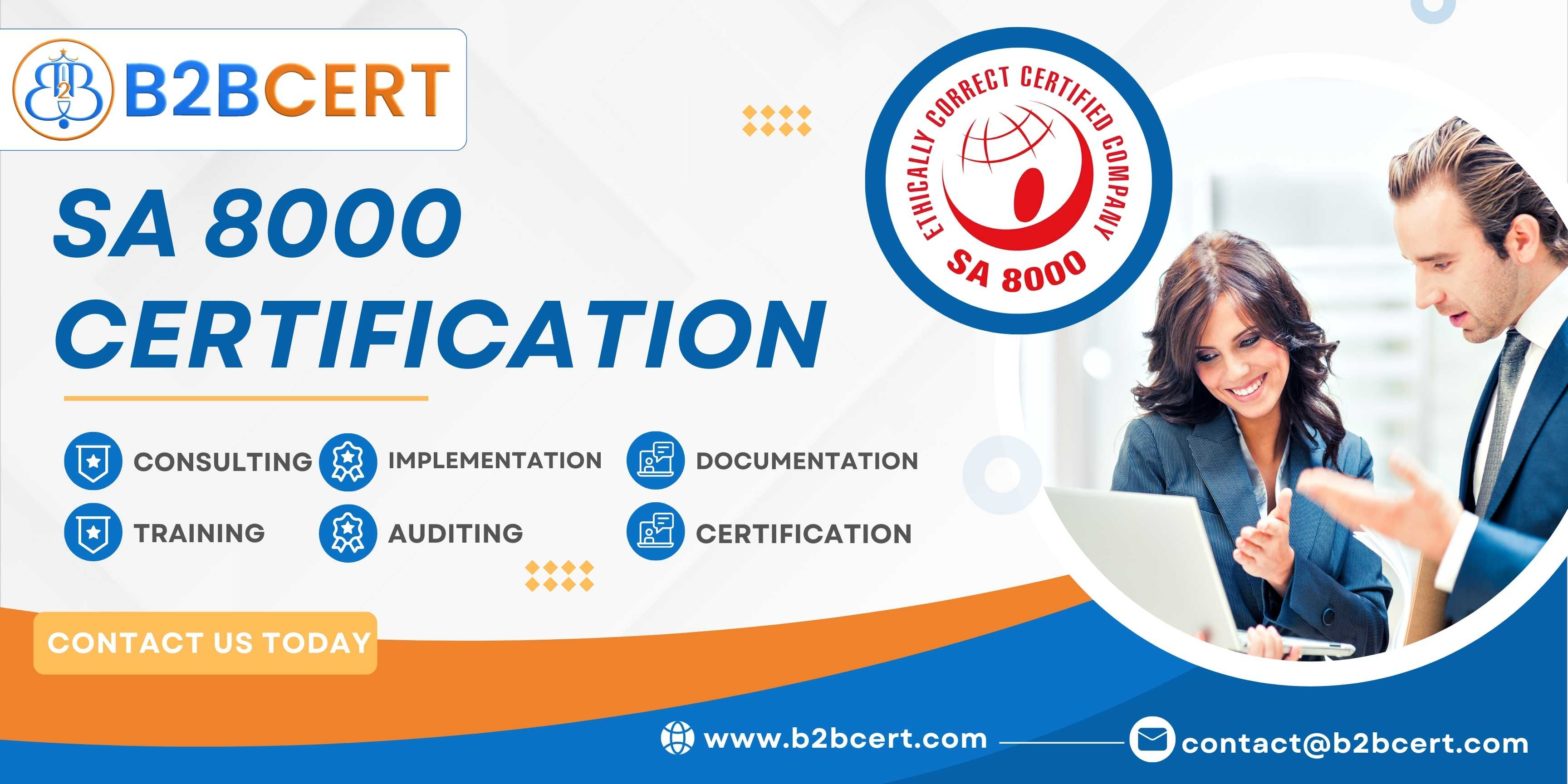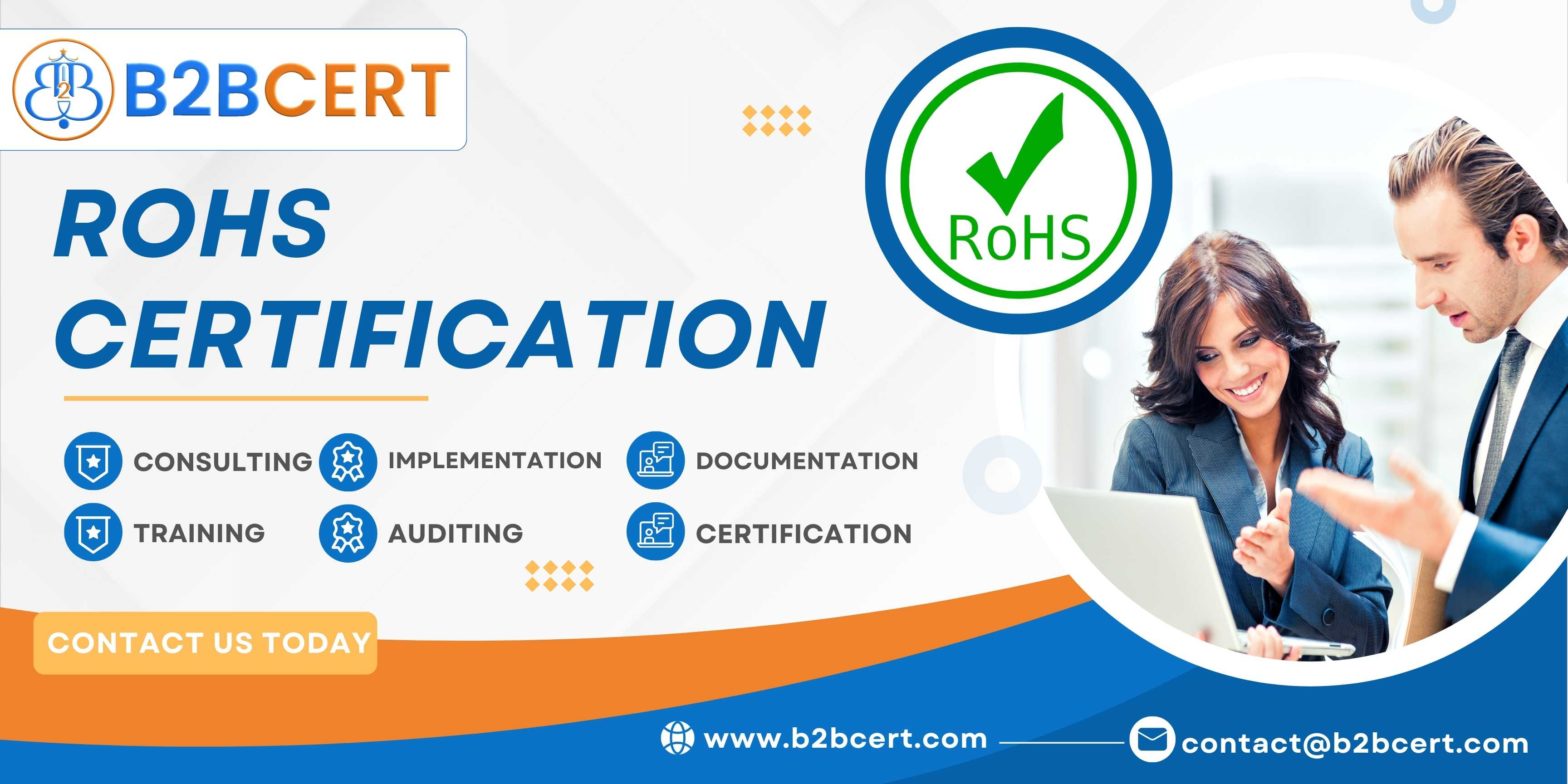HIPAA Certification in Bangalore in the healthcare sector is encouraged to work with legal and cybersecurity professionals to ensure they are meeting HIPAA standards and safeguarding patient information effectively. HIPAA, or the Health Insurance Portability and Accountability Act, is a crucial regulatory framework within the healthcare sector in the United States. HIPAA was enacted to address the growing concerns related to the security and privacy of sensitive patient information. In the context of the healthcare sector, HIPAA certification refers to an organization’s adherence to the rules and standards outlined in the act.
The Importance of HIPAA Certification in Healthcare
HIPAA Implementation in Iraq in the healthcare sector often undergo compliance efforts to adhere to HIPAA regulations. Achieving and maintaining HIPAA compliance offers several benefits for healthcare entities:
Data Security:
Safeguards Patient Data: HIPAA compliance requires the implementation of security measures to protect electronic PHI (ePHI). This includes encryption, access controls, and regular security assessments, ensuring the confidentiality and integrity of patient data.
Improved Reputation:
Demonstrates Commitment: Being HIPAA-compliant is often seen as a mark of professionalism and commitment to ethical standards. This can positively impact an organization’s reputation, attracting more patients and business partners.
Legal Compliance:
Avoidance of Penalties: Compliance with HIPAA regulations helps healthcare organizations avoid legal penalties, which can be substantial for violations. Non-compliance can result in fines, legal action, and damage to the organization’s reputation.
HIPAA Certification: Understanding the Costs Involved
HIPAA Cost in Senegal associated with achieving and maintaining HIPAA compliance can vary widely and depend on several factors, including the size and complexity of the organization, the scope of systems and processes involved, and whether external assistance or consulting services are sought.
Here are some potential cost considerations related to HIPAA compliance:
Internal Costs:
- Staff Training: Costs associated with training employees on HIPAA regulations and the organization’s policies and procedures.
Technical Safeguards:
- Security Measures: Implementing technical safeguards such as encryption, access controls, and regular security audits.
Physical Safeguards:
- Physical Security Measures: Implementing measures to secure physical access to areas where EPHI is stored.
How to get HIPAA certification for your Business
HIPAA Certification Services in Zambia are provided by a specific certification body or authority. Here are general steps that organizations can take to work towards HIPAA compliance:
Understand HIPAA Regulations:
- Familiarize yourself with the key provisions of the HIPAA regulations, including the Privacy Rule, Security Rule, and Breach Notification Rule.
Conduct a Risk Assessment:
- Identify and assess potential risks to the confidentiality, integrity, and availability of electronic protected health information (ePHI) within your organization.
Develop Policies and Procedures:
- Establish comprehensive policies and procedures that address the requirements of the HIPAA Privacy and Security Rules.
Best HIPAA Certification Consultant for your business
Discover top HIPAA Certification Consultants in Kenya with B2BCERT, a globally recognized service provider. If you need expert advice for HIPAA certification or help to incorporate it into your business, our skilled team is prepared to provide top-tier services. Acknowledging the hurdles businesses encounter, B2BCERT provides beneficial certification audits to aid in surmounting challenges and Boosting overall business efficiency. Achieve immediate acknowledgment with B2BCERT certification, enabling seamless interaction with influential decision-makers. Opt for B2BCERT as your go-to choice for HIPAA certificate enrollment.





